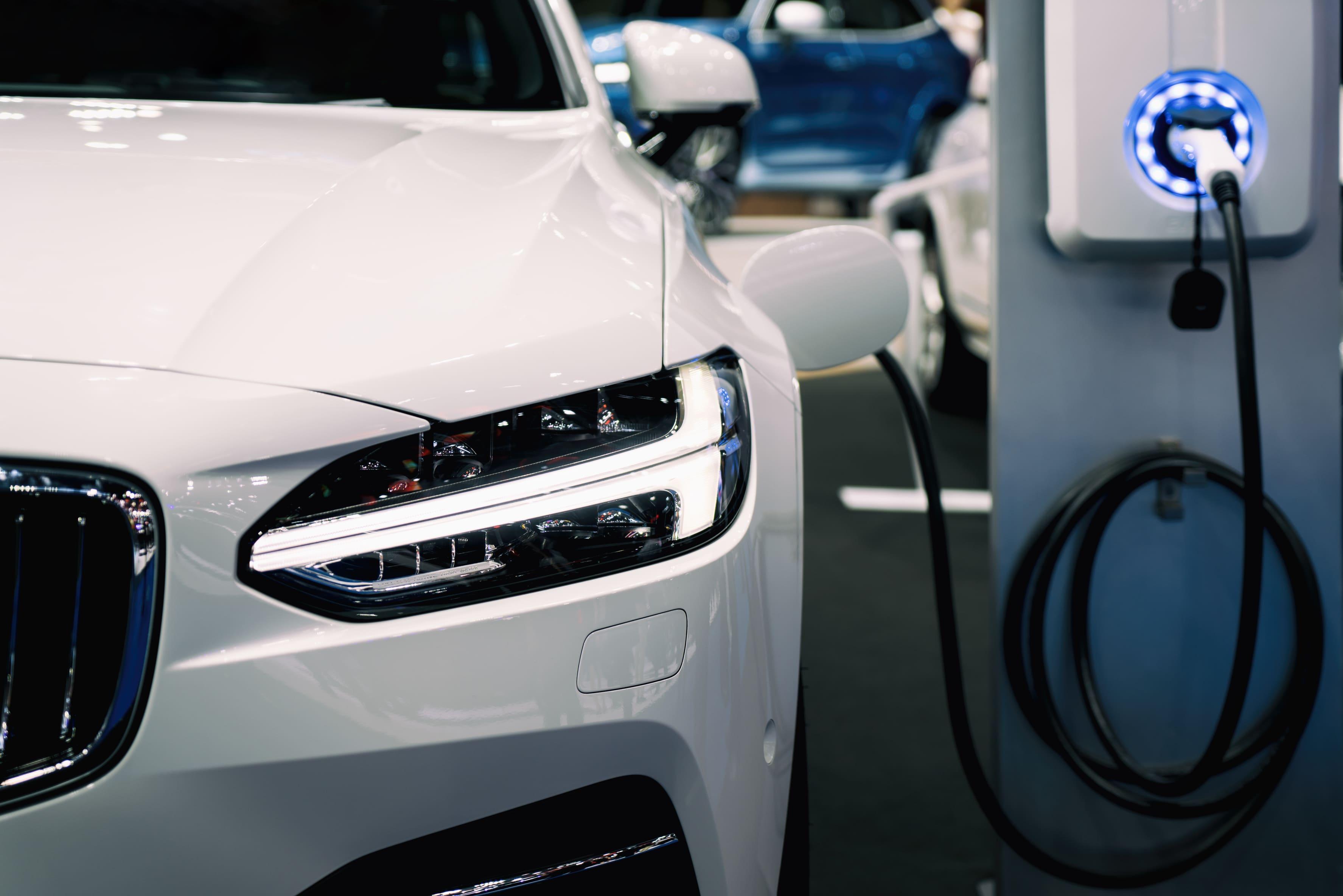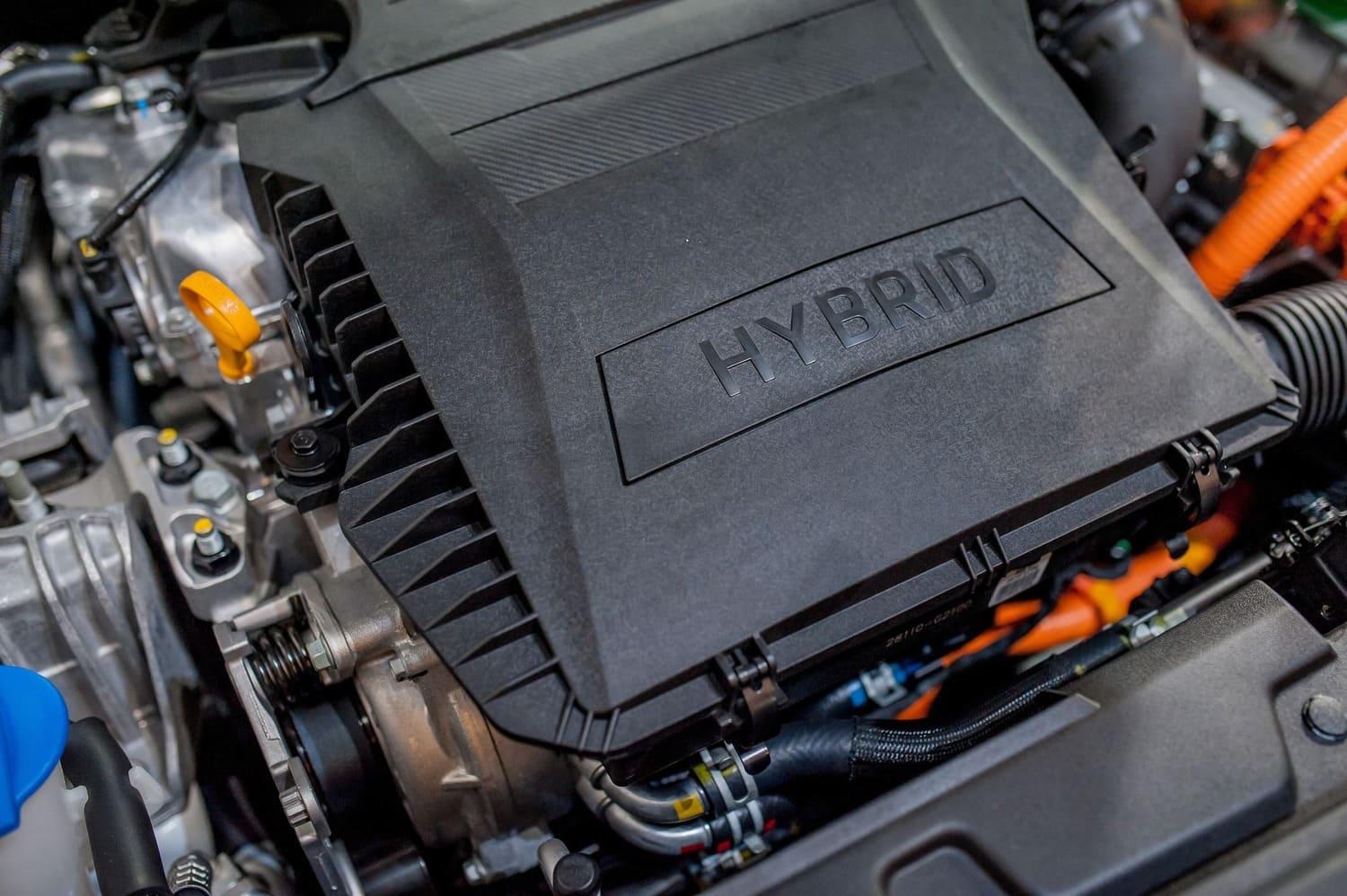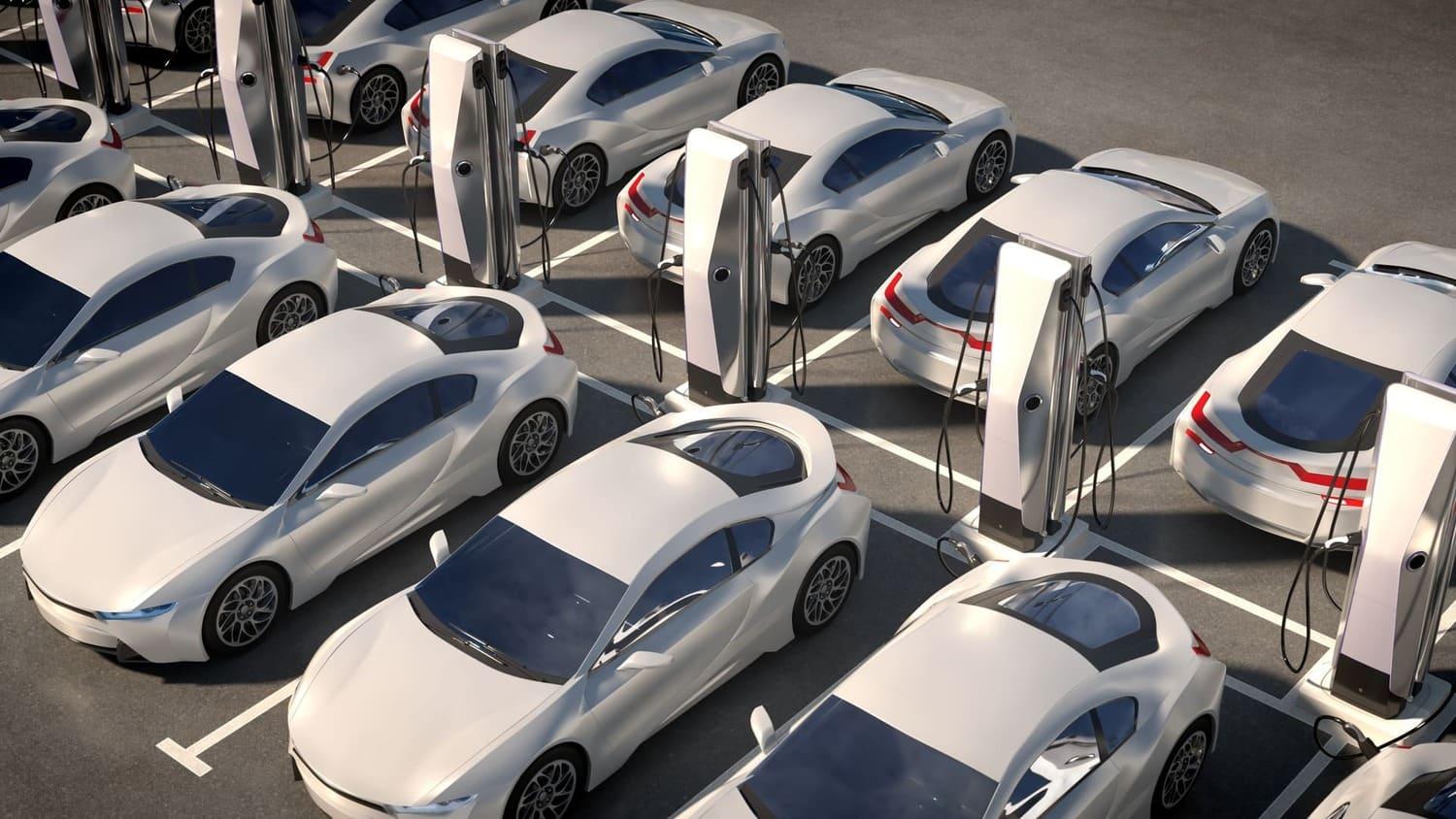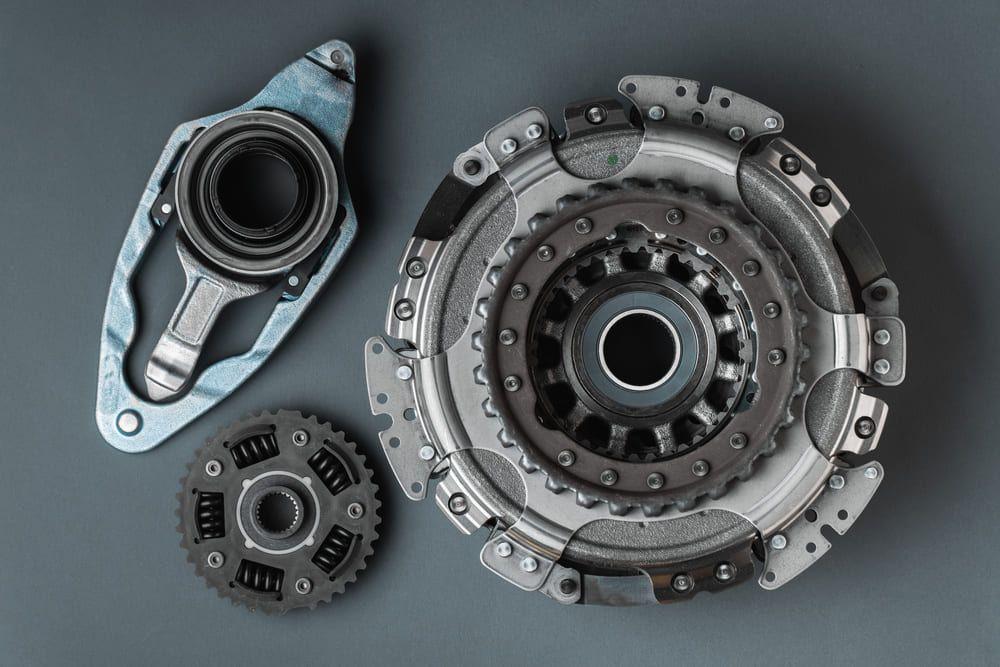
Are Hybrid Cars High Maintenance?
With nearly 10% of all cars on the road in 2023 being hybrid, it’s safe to say they are one of the fastest-growing motor trends.
One question many have, though, is if hybrid cars cost more to maintain and run. We’ll answer all your questions in this article about hybrid car maintenance.
Why Are Hybrid Cars More Expensive To Buy?
As hybrids are more complex than petrol and diesel cars, they cost more to manufacture.
As well as containing all the usual engine and drivetrain parts found in a petrol car, the addition of an electric motor, battery and associated components adds to the cost. These extra components also use large amounts of expensive metals such as copper, lithium and platinum.
Furthermore, as demand for electric cars and batteries for other devices increases, the price of these materials also increases, adding to the already high cost of purchase.
Are Hybrid Cars Expensive To Maintain?
No, hybrid cars cost no more per year to maintain than a typical petrol or diesel car.
This is because the motor and battery system is relatively maintenance-free, the batteries do not need topping up with fluid like old-style car batteries, and the motors are typically sealed for life.
They do still need the same level of maintenance and servicing as a petrol or diesel car, such as oil changes, belt changes and more.

How Much Do Hybrid Cars Cost to Maintain?
Usually, hybrid cars cost around the same as a petrol or diesel car to maintain, the biggest cost factor is the brand and type of car, here are some indicative costs for maintaining your hybrid:
City car, e.g. Toyota Yaris Hybrid: £300 - £450
Hatchback: e.g. Renault Clio Hybrid: £350 - £450
Family Car: e.g Toyota Corolla Estate: £400 - £500
SUV: e.g. Mercedes GLC Hybrid: £500 - £600
What Needs Maintenance On a Hybrid Car?
Hybrid cars are very similar to regular internal combustion engine cars other than that they have an extra battery and motor to provide power, which means that their maintenance is also quite similar
Battery Replacement and Maintenance
Most hybrid manufacturers claim their batteries will last 10 years, Toyota even gives a 10 year or 150,000 mile warranty on most of its hybrid range. That said, hybrid motors and their batteries don’t need any maintenance during their lifespan.
Brake system
The brakes on a hybrid vehicle actually work less than a traditional car, as regen braking reduces some of the load on the normal braking system. The brakes still need replacing though, both pads and discs will wear out over time.
Another system that still needs maintenance is thebrake fluid, which should be replaced at the interval as specified by the manufacturer.
Oil Changes
Engine oil changes on hybrid vehicles are to be done at roughly the same intervals as petrol and diesel cars, typically around 10,000 miles.
Like most modern engines, hybrids typically require fully synthetic oil that provides good lubrication with less degradation over time and heat.
Tyre Rotations
Rotating your tyres periodically is recommended to prolong the life of them, typically the front tyres wear faster than the rear as they do most of the braking. Hybrid vehicles are slightly more harsh on tyres as they tend to be heavier, but not by a noticeable amount.
Rotating your tyres should be done in accordance with your vehicle's manual, typically around the 6,000 mile mark.

Fuel Efficiency and Savings
The main selling point of many hybrid vehicles is fuel efficiency, MPG figures around 60 miles to the gallon are not uncommon with modern hybrid vehicles, and this can offset the higher purchase cost.
Depending on how much and what type of driving you do, the improvement over a traditional petrol or diesel car could be enough to justify the higher purchase price.
Are Hybrids Worth the Extra Cost?
Typically if you buy a new hybrid outright, it will be difficult to save money overall. This can change though, depending on your driving needs and ownership type.
On average a driver in the UK covers 7,400 miles per year, with that being a mixture of motorway and city driving for most. As an example we’ll take a look at the 2023 Toyota Corolla, as that is available in both petrol and petrol-hybrid versions. This is assuming a fuel cost of £1.50 per litre.
Engine | Claimed (MPG) | Real (MPG) |
|---|---|---|
1.2 Petrol | 44.8 | 40.5 |
1.8 Petrol hybrid | 62.8 | 61.5 |
Engine | Fuel used per year (L) | Fuel Cost per year | Car Purchase Price |
|---|---|---|---|
1.2 Petrol | 831.4 | £1,247.10 | £21,135 |
1.8 Petrol hybrid | 547.5 | £821.25 | £29,225 |
As you can see, the savings across just one year are significant, with the petrol hybrid engine costing over £420 less to fuel. However, with the purchase price of the hybrid car being over £8,000 more, it would take 20 years for the fuel efficiency to offset the purchase price.
This example is based on an average number of miles per year, if you drive more than this, or drive a lot in the city where hybrid vehicles are more efficient, the breakeven point may be sooner. Many cars, especially hybrids are bought through workplace leasing schemes, which can work out much cheaper, more on this later.
Whilst fuel efficiency might not achieve as much cost savings as you might expect, there are other benefits of hybrid vehicles, such as lower tax rates. Depending on the car, this could save an additional £300 per year
Advantages of Hybrid Cars
Hybrid cars caused a big stir when they first came onto the market, and they have only gained in popularity, so what makes them so great?
Range
For long journeys, using the internal combustion engine, with its quickly filled fuel tank, removes the restraints imposed by the limited battery capacity and charging rates of an entirely electric vehicle.
Conversely, having a petrol or diesel engine idling whilst sitting in traffic is very inefficient, an electric motor only uses energy when the car is moving, making hybrids great for city driving.
Electric Only
Some hybrid vehicles also allow electric-only driving, combined with a plug-in hybrid system this can remove the need to fill up with petrol or diesel at all, at least when used on shorter journeys, such as a sub-20 mile commute.
Salary Sacrifice Schemes
In April 2020 the government introduced the Salary Sacrifice Scheme for electric and hybrid vehicles. In short, these schemes allow you to pay for a lease on a new hybrid car before tax, effectively saving between 20% and 40% on the monthly cost.
These schemes are not available on petrol or diesel vehicles, plus you need to be an employee of a company willing to participate.

Disadvantages of Hybrid Cars
1. Cost to buy and depreciation
As we’ve seen hybrid cars can be a good bit more expensive to buy, due to the extra complexity and materials cost. In general, the hybrid version of a car is 20 - 40% more expensive than the petrol.
Residual values are not as strong as petrol or diesel cars once the vehicle reaches 6-8 years old. This is because most manufacturers guarantee their batteries for 10 years, and secondhand buyers are wary of this.
2. Efficiency on Long Journeys
The MPG figures quoted above are combined, meaning they are a mix of city and motorway miles. The former is where hybrids shine, but longer journeys are not their forte.
If the car is cruising at a constant speed for a long time without regenerative braking, the batteries will deplete, once they aren’t able to contribute much power to the wheels, the car becomes an extra heavy internal combustion engine car, reducing its efficiency significantly.
3. Battery Replacement Cost
As with all battery technology, the capacity reduces over time and eventually the lithium batteries will need to be replaced. For example, a battery for a 10 year old Toyota Prius will typically cost between £1800 - £3,000.
For more information on hybrid battery replacement, check outour blog post.
4. Garage Availability
Even though hybrids and EV’s have been around for years now, some garages and mechanics are still wary of working on them. As the batteries are relatively high voltage and capable of supplying an extremely high current, care does have to be taken.
This therefore means garages specialising in hybrids typically charge slightly more per hour, pushing up the cost of general maintenance and repairs.
Conclusion
Now we’ve discussed the ins and outs of hybrid ownership, it’s clear they are not perfect for everyone, with some situations making lots of financial sense, and some being less efficient than traditional diesel or petrol cars.
Whichever fuel type suits your needs best, be sure to consider Bumper for zero-interest financing on car repairs from one of their many approved garages, giving you peace of mind and more flexibility with large repair bills.
Spread the cost, interest-free
Take the backfire out of fixing or replacing your exhaust. Pay later with Bumper.

Split your car repair cost over monthly repayments interest-free.

Split the cost of your next repair
Other related articles from our blog

Advice
4 min read
How much does a sump oil leak repair cost?
A sump oil leak repair cost can sit anywhere from £50 to over £700. See the average prices per repair and see the next steps online now with Bumper.

Advice
4 min read
How much does a Tesla scratch repair cost?
Tesla scratch repair costs £80 to £1,200, depending on how deep the scratches are and which part of the vehicle is damaged. Find out more online now.

Advice
4 min read
How Much Does a DSG Gearbox Repair Cost?
Due to their complexity, DSG gearbox repairs typically cost between £200 and £2,500. Find out more about DSG gearbox repairs and replacements here.